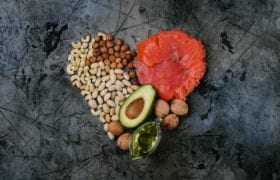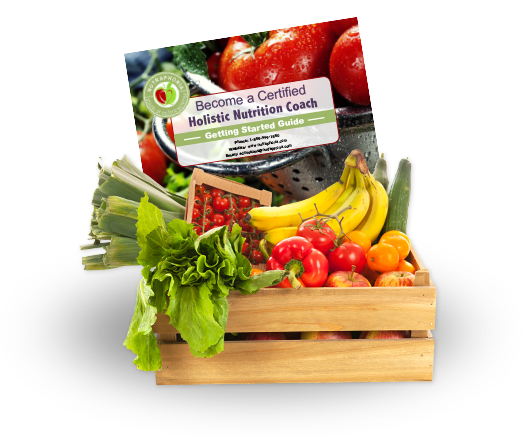May 20, 2017
Intermittent Fasting
A topic of discussion I seem to be having lately is that of intermittent fasting. This is a topic that was truly foreign to me just over a year ago and now I’ve had discussions with athletes, my naturopath and really anyone else who will listen to me. My naturopath is the one who got me on the subject and truthfully I haven’t looked back since. I’m hearing about it more in the fitness industry to help promote fat burning as well as in the nutritional field where it is promoted as a detoxifying technique. Either way, intermittent fasting definitely has its benefits and I’m here to share some with you.
What is Intermittent Fasting?
Intermittent fasting or IF for short is an eating pattern that cycles between time periods of fasting (not eating) and eating. IF focuses less on what foods you are consuming and rather more about when you are consuming them. This isn’t to say that the types of food are not important because they absolutely are. For example, if your car takes unleaded gasoline and you fill up the tank only on Tuesdays and Wednesdays, this is not a problem but if you decide to all of a sudden pour in diesel it doesn’t matter what day of the week, or how much you put in the tank you are going to ruin it. The same goes with us and our food. If we choose to try something like intermittent fasting it is essential to continue giving our bodies the food it runs best on, whole and as much unprocessed food as possible.
I’ll give you a couple examples of intermittent fasting approaches. The most popular and probably the easiest to adhere to is Leangains protocol. This IF has you fasting for 16 hours and eating for 8. The great thing about this approach is that almost half of your fasting time is spent asleep. So the idea is to stop eating around say 8:00 at night then your first meal would not be until noon the next day. Water, tea and black coffee can be consumed before this time but no food.
A second example of IF is where you would fast for 24 hours 1-2 times per week. This is exactly as it sounds, no eating for 24 hours but once again 8 or so hours of this fast can fall during the night when you are sleeping. This would typically look like having your last meal at 6:00pm and then not eating again until 6:00pm the following evening.
The Benefits of Intermittent Fasting
First it is important to understand that when the body is in fasting mode, certain things happen at a cellular level. These cellular changes are what lead to the noticeable benefits of IF.
- When the body fasts, hormone levels change to make stored body fat more accessible. This can lead to weight loss and a healthier lean body mass overall.
- Levels of Human Growth Hormone (HGH) increase dramatically during fasting periods. This aids in the fat loss process and muscle gains.
- When in a fasted state the body’s cells initiate cellular repair processes. One of these processes is know as autophagy, which is when cells digest and remove old and dysfunctional proteins that build up inside cells. This helps the body to repair itself and can help slow down the aging process.
- IF can help to reduce insulin resistance and lower blood sugar levels. When the body is allowed a time to fast and not have constant spikes in blood sugar and consequently spikes insulin it becomes more sensitive and efficient.
- On a practical level, IF helps a person to truly simplify their eating routine. If you are not eating until noon, there is no need to worry about a breakfast or snack in the morning. Just fill your am with lots of tea, water, or coffee and have your first meal at lunch. Then dinner later in the day.
Really the only way to find out if IF is right for you is to give it a try. I have now been intermittent fasting for 2 months and have not looked back since. I have definitely lost weight, my energy levels are fantastic, I sleep more soundly and on most days I have to remind myself to eat as I am filling my 8 hours with such wholesome and nutritious foods that I never feel hungry. I hope that if you are willing to try IF that you reap similar benefits. Happy fasting!
I recommend speaking to a healthcare professional before diving in head first to IF. I would highly recommend a naturopath over a GP as they tend to be much more up to date with the health benefits of IF as well as informed about the topic.
Be well,
Stephanie


